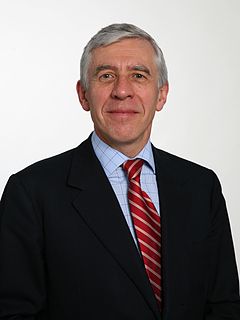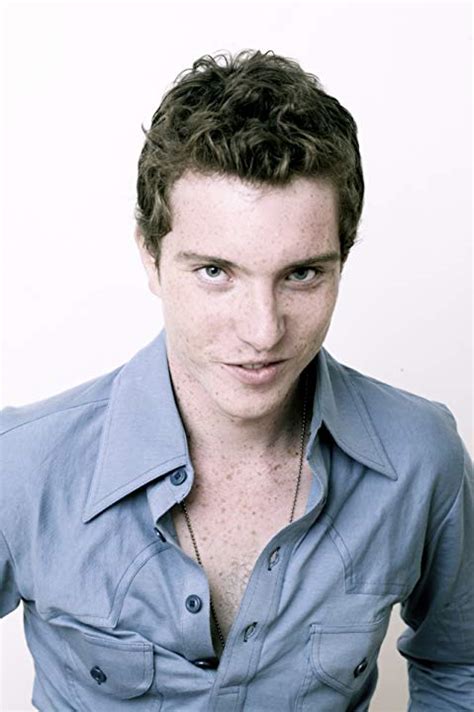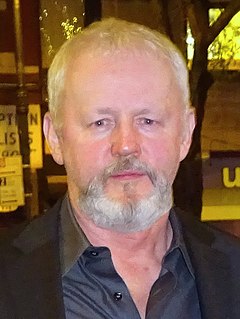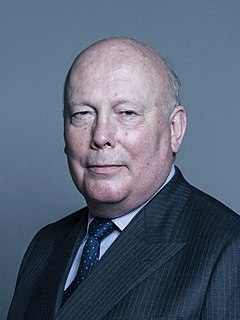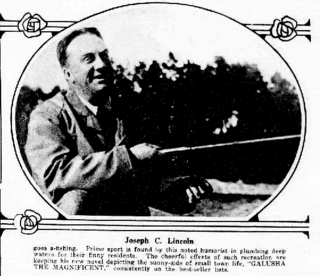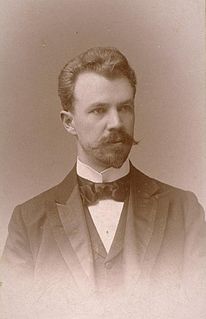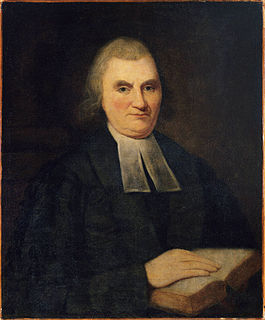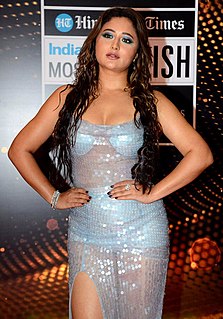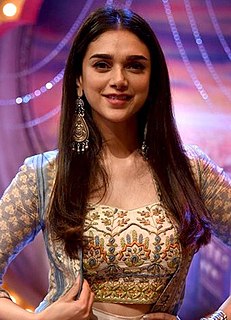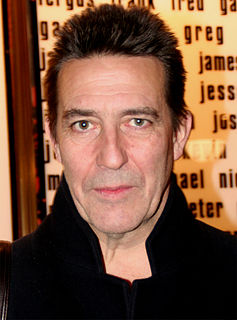A Quote by Jack Straw
It's extraordinary what children put up with. I happened to see two of my uncles put my father up against the wall of my grandmother's house and knock his teeth out, because he'd been unpleasant to my mother. The next day I went upstairs and found my father making a rather half-hearted attempt to gas himself.
Related Quotes
Other people had strived for freedom and promise and ratatatata but the Constitution [of USA] was the first time we codified it aspirationally and wrote it down and put it up on a wall and said, "this is us." If your father was a cobbler, and his father was a cobbler, and his father was a cobbler, you don't have to be a cobbler.
Big Foster is a guy who was in line to be the head of this clan that's been up in the mountains for 200 years, because his father was the leader or the Bren'in, his mother is now Bren'in, and they're kind of royalty, so he was in line to be next. He'd been promised it from a young age, but it just hasn't happened.
And he arose and came to his father. But while he was still a long way off, his father saw him and felt compassion, and ran and embraced him and kissed him. And the son said to him, 'Father, I have sinned against heaven and before you. I am no longer worthy to be called your son. But the father said to his servants, 'Bring quickly the best robe, and put it on him, and put a ring on his hand, and shoes on his feet. And bring the fattened calf and kill it, and cet us eat and celebrate. For this my son was dead, and is alive again; he was lost, and is found.' And they began to celebrate.
Don't drop him," said Peter's mother to his father. "Don't you dare drop him." She was laughing. "I will not," said his father. "I could not." For he is Peter Augustus Duchene, and he will always return to me. Again and again, Peter's father threw him up in the air. Again and again, Peter felt himself suspended in nothingness for a moment, just a moment, and then he was pulled back, returned to the sweetness of the earth and the warmth of his father's waiting arms. "See?" said his father to his mother. "Do you see how he always comes back to me?
